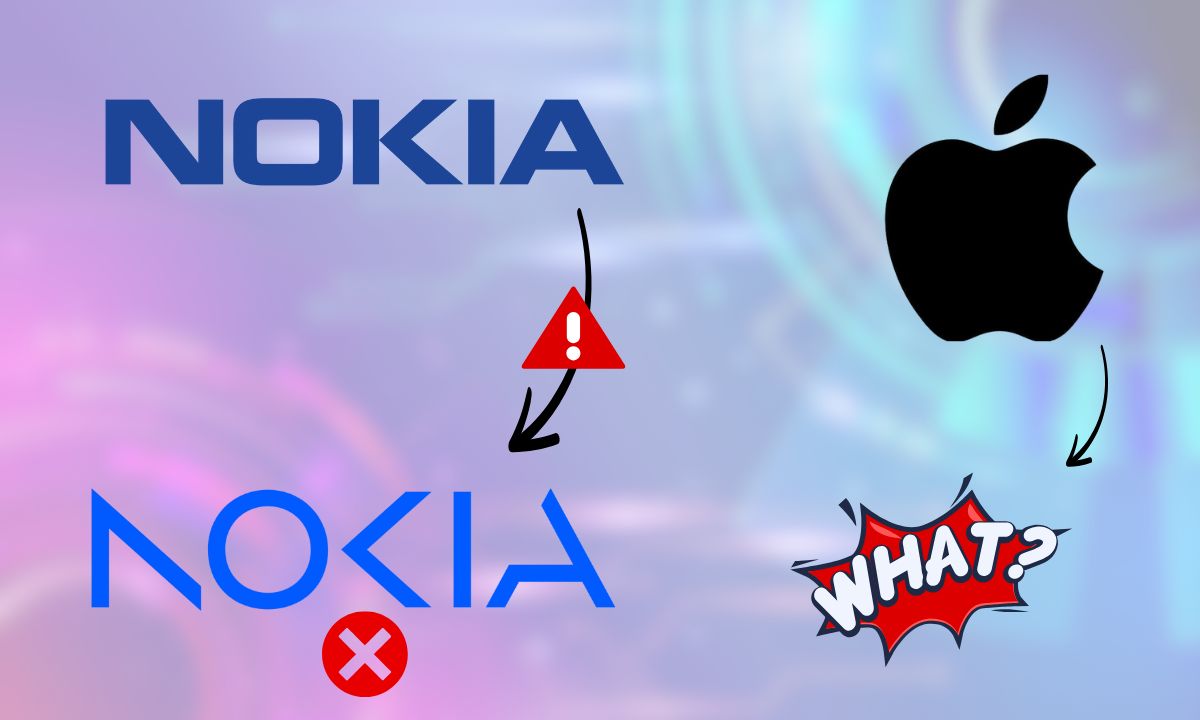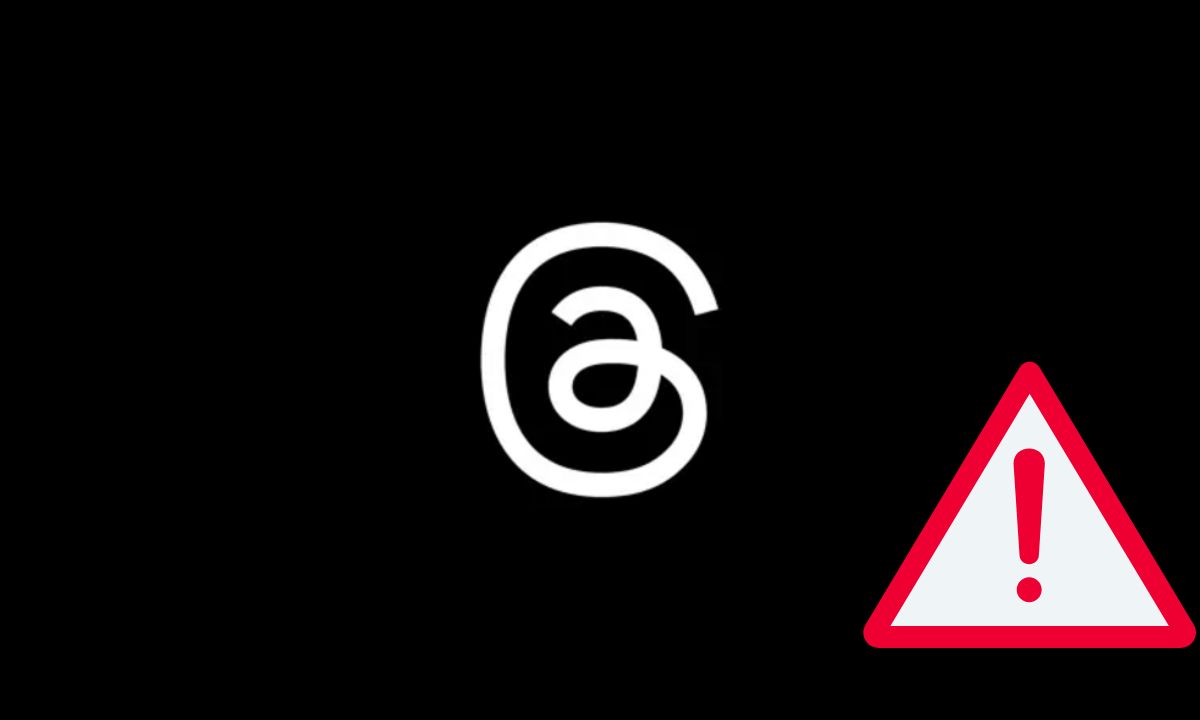For the first time in Nepal, a website has been launched using a domain written fully in the Nepali language. The new domain is क्यान.संगठन, introduced by the Computer Association of Nepal (CAN) under the Universal Acceptance (UA) program. With this step, users can now type web addresses and email IDs in Nepali.
Local Language, Local Identity
According to program coordinator Udip Baral, the Nepali domain क्यान.संगठन is the Devanagari version of “can.organization”. This supports the goal of Universal Acceptance, which helps websites and email systems accept local languages like Nepali. This move aims to make internet access easier for users who prefer native scripts over English.
Devanagari Script Now Online
Baral explained that Devanagari script, already used in countries like India, is now being applied in Nepal to create user-friendly digital systems. By registering “क्यान.संगठन”, CAN has taken the first step toward offering digital services in Nepali.
Nepali Email Addresses Could Be Next
Tech lead Rahul Shakya said the goal is to create UA-ready platforms. Right now, email addresses like rahul.shakya@abc.com are accepted, but Nepali-script emails are not. With this change, platforms will soon be able to support emails written fully in Nepali, making digital communication more inclusive.
Hackathon for Change
The project was part of the UA Hackathon 2025, which had 40 youth participants. Around 90 people joined the event in person and 50 online. The hackathon was led by Vivek Silwal, who said the focus now is to test how well platforms support Nepali and to teach youths how to use and build services in the language.
Strong Support from Global Partners
The event was organized in partnership with ICANN, the global internet authority. ICANN has helped host Universal Acceptance Day events in over 50 countries. In Nepal, the training focused on how to create domains and emails in local languages and how to make platforms UA-ready.
Nepali Websites and Emails Coming Soon
CAN believes this step will encourage both government and private websites to switch to the Nepali language in the future. This move opens new doors for digital inclusion and the promotion of Nepali in the online world.




